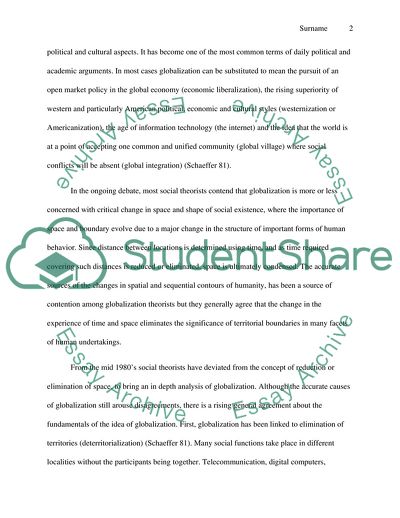Cite this document
(Globalization and Social Theory Essay Example | Topics and Well Written Essays - 1500 words, n.d.)
Globalization and Social Theory Essay Example | Topics and Well Written Essays - 1500 words. https://studentshare.org/sociology/1761972-social-theory
Globalization and Social Theory Essay Example | Topics and Well Written Essays - 1500 words. https://studentshare.org/sociology/1761972-social-theory
(Globalization and Social Theory Essay Example | Topics and Well Written Essays - 1500 Words)
Globalization and Social Theory Essay Example | Topics and Well Written Essays - 1500 Words. https://studentshare.org/sociology/1761972-social-theory.
Globalization and Social Theory Essay Example | Topics and Well Written Essays - 1500 Words. https://studentshare.org/sociology/1761972-social-theory.
“Globalization and Social Theory Essay Example | Topics and Well Written Essays - 1500 Words”. https://studentshare.org/sociology/1761972-social-theory.


